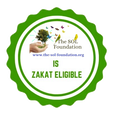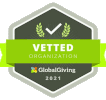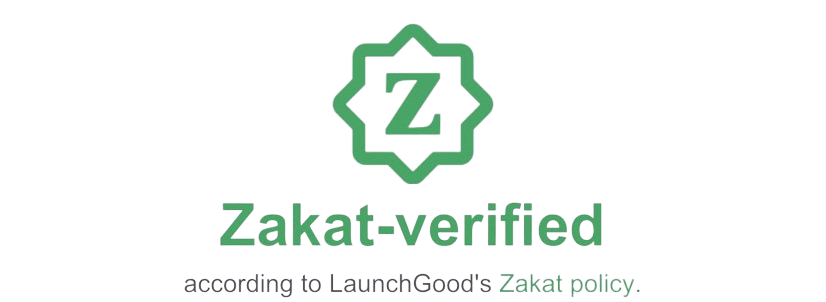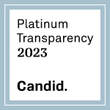Zambia
Poverty is a major issue in Zambia, with over 60% of the population living below the poverty line. This is a significant increase from the 44% of people living in poverty in 2010, which again increased in 2020 due to Covid-19 lockdown and in 2022 global inflation. .
The country has seen a steady rise in poverty levels since then, with the most recent figures showing that the number of people living in extreme poverty has risen to over 40%.
The country has seen a steady rise in poverty levels since then, with the most recent figures showing that the number of people living in extreme poverty has risen to over 40%.
The main causes of poverty in Zambia are low levels of education, lack of access to basic services such as healthcare and sanitation, and limited access to economic opportunities. In addition, the country has been affected by climate change, which has caused droughts and floods that have had a negative impact on agricultural production and food security.
Poverty Facts about Zambia
- According to the World Bank, Zambia is one of the poorest countries in the world, with an estimated poverty rate of 66.7% in 2020. This means that two out of every three people in Zambia are living in poverty. The COVID-19 pandemic has had a devastating impact on Zambia’s economy, with the country’s GDP shrinking by 6.2% in 2020.
- This has led to an increase in poverty levels, with an estimated 70.6% of the population living below the poverty line in 2021. This is expected to rise to 72.3% by 2022.
- The effects of poverty are felt most acutely by children and young people, with over half of all children in Zambia living in poverty.
- This has a significant impact on their education, health and well being, as well as their future prospects. The government of Zambia has taken steps to address poverty, including introducing a social protection program and increasing access to financial services for the poor. However, much more needs to be done to reduce poverty levels and ensure that all Zambians have access to basic services and opportunities.
The SOL Foundation™ goals for Zambia
- Everyone has access to nutritional meals and fresh water
- Every individual is able to receive nature based education and training
- Able to co-habitat with nature and wildlife
- Marginalized women have empowerment over their own lives and decisions
- Individuals with disabilities and orphans are able to be part of the community and help enhance the country as a role model citizens.








